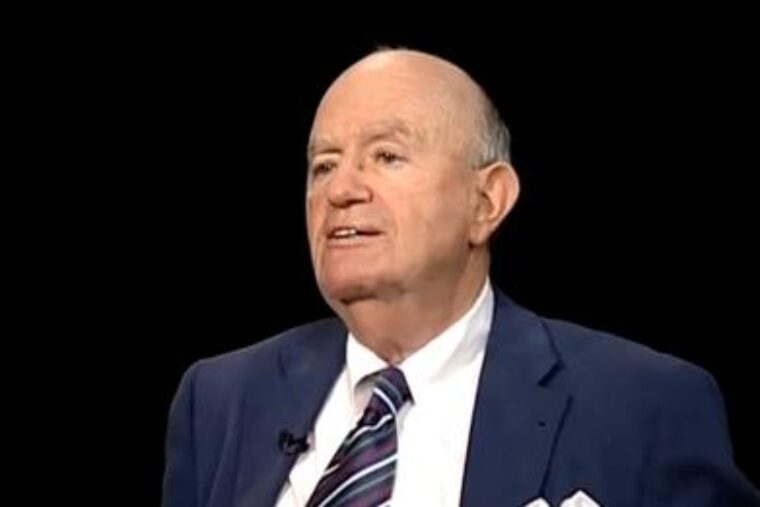In light of all the falsehoods made by many about Kyle Rittenhouse and the speculation that he will be suing for defamation, here is a good discussion about defamation laws. This is Part Two. Part One is linked in this article.
Few have laid out as eloquently the need for revisiting American defamation law as did Senior Circuit Judge Laurence Silberman.
For background on how America came to have the inadequate defamation laws now in place, please see Part One of this discussion here.
It now has been more than half a century since the liberal Warren Court handed down its many rulings. So much has changed. It used to be that an honest effort at a true story could cause a publication to find itself sued into instant bankruptcy. Not everyone easily could access a copy of the Sunday New York Times or even of a copy of a Time magazine issue two or three weeks after the thing appeared. Even if one did access a copy, one had to know where and what to look for. Defamation law certainly existed, and people certainly could be hurt, but the balance between the press and its targets arguably was somewhat equal. Times have changed enormously.
Today we have cable TV news that is vicious, incendiary, and polarizing. It is no longer James Earl Jones musically intoning “This Is CNN,” followed by some Paula Zahn interview or Barbara De Angelis, married at least five times and holding a degree from a non-accredited institution, offering advice to CNN viewers on how to maintain a good marriage. MSNBC is even worse. Facebook and Twitter have become vehicles not merely for posting that one is bored at work and intends to eat spaghetti and ketchup tonight at home but also for destroying people in coordinated social media Twitter storms and Facebook campaigns. Instagram likewise generates hate, mockery, and even induces cases of suicide. Although Google/YouTube will censor conservatives and take down a Dennis Prager video about the Ten Commandments (alternately known by Orthodox Jews as the “Ten Pronouncements”), it will not take down the most vicious and destructive of personal character assassination unless sued at plaintiff’s great financial cost. Some people post hateful reviews on Yelp! or Amazon not because they believe their criticisms to be true but because they want to destroy people they hate.



